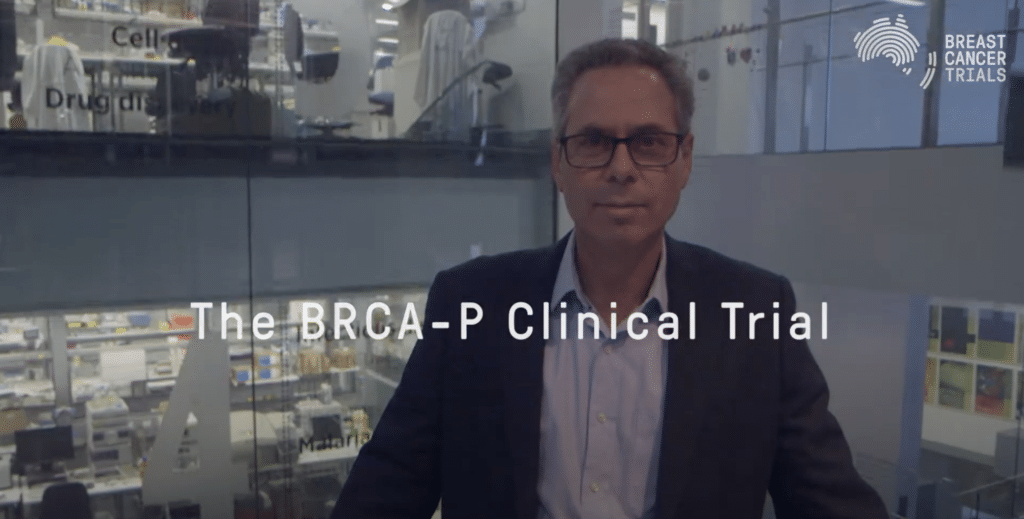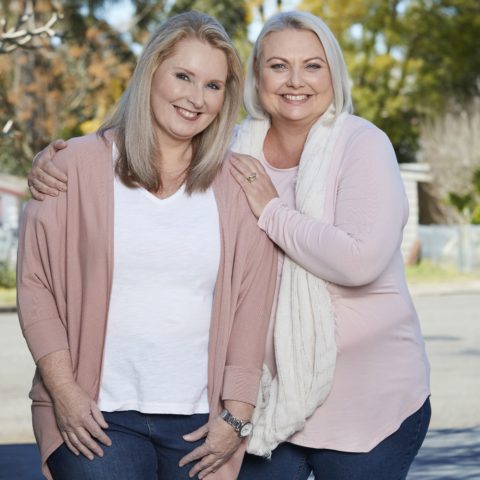- Research
- 2022-2026 Research Strategy
- Open Clinical Trials
- Closed Clinical Trials
- What is a Clinical Trial?
- Why Participate in a Clinical Trial
- Remote Telehealth Pre-Screening Process
- Research Achievements
- Publications
- Research Development and Funding
- Participating Institutions
- International Collaboration
- BCT Trials & Projects Summary
- Translational Research
- Clinical Fellowship Program
- International Fellowship Support
- Annual Scientific Meeting
- Travel Grants and Awards
- About
- Our Impact
- Fundraise
- Donate
- Researcher Login
- Cart
At least one in 400 women in the developed world carries the hereditary BRCA1 gene mutation. This mutation is associated with approximately 70% risk of developing breast cancer and 40% risk of developing ovarian cancer, over the course of a lifetime.
The current risk management for BRCA1 mutation carriers is limited to regular surveillance (MRI, mammogram, ultrasound, breast examination) or to have both healthy breasts surgically removed. Surgical removal of the ovaries is also an option for prevention of ovarian and breast cancer.
The BRCA-P study will investigate if using Denosumab is a safe and effective option for preventing breast cancer in women with a BRCA1 mutation.
Denosumab is an antibody that switches off a molecule called RANK ligand. It is currently used to strengthen the bones of people with osteoporosis (weak bones) and reduce bone complications for women whose breast cancer has spread to bone. Recent studies suggest that switching off RANK ligand with Denosumab can also inhibit the cells that cause breast cancer in women with a BRCA1 mutation. Denosumab has not been approved as a prevention medication for people with a BRCA1 gene mutation.
BRCA-P is an international breast cancer prevention clinical trial open to women with a confirmed BRCA1 gene mutation who have not had their breasts surgically removed.
Participants on BRCA-P will receive a study medication injection (Denosumab or placebo) every 6 months for 5 years. This study is a randomised, double-blind, placebo-controlled study, which means participants, and their study doctor, will not know if they are receiving the Denosumab or placebo (a treatment that looks just like the active medication, but has no effect).
In addition to exploring its use for breast cancer prevention, BRCA-P will investigate whether Denosumab decreases the risk of developing ovarian cancer or other types of cancers. The study will also assess its effect on bone health, patient reported outcomes, side effects and biological markers.
BRCA-P will be managed in Australia by Breast Cancer Trials in partnership with the Austrian Breast & Colorectal Cancer Study Group (ABCSG). It will include 2918 women from 7 countries, including approximately 300 women from Australia.







